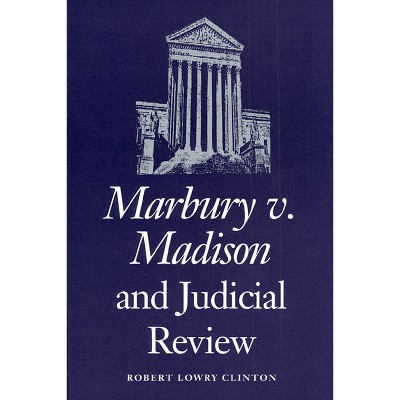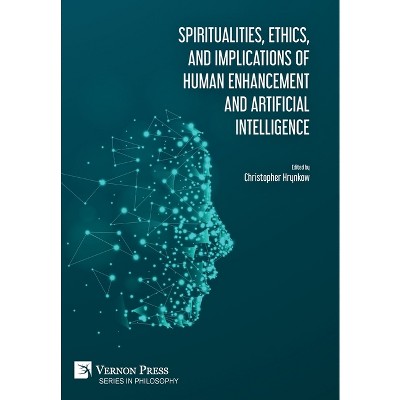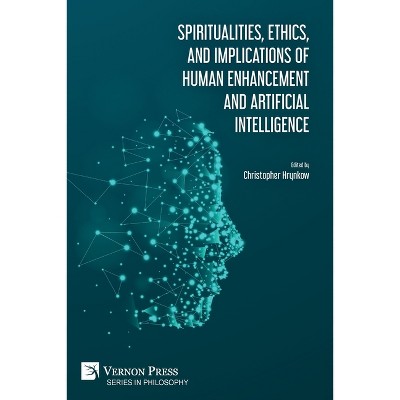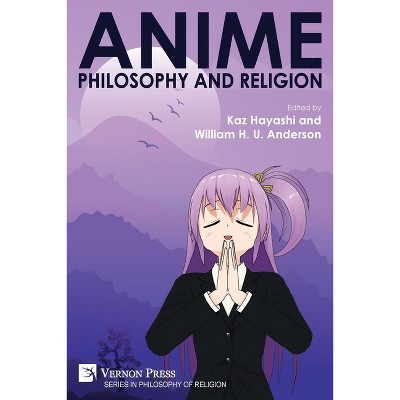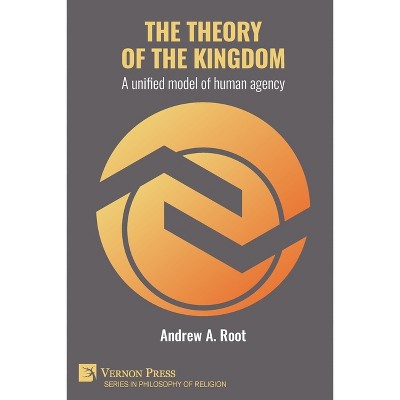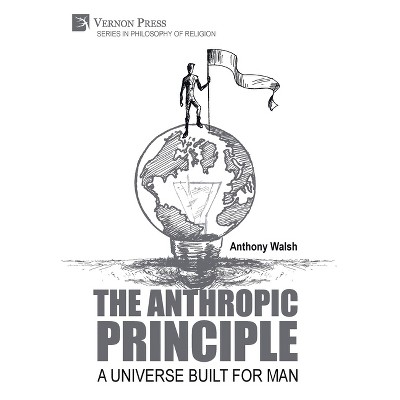Sponsored

Intentional Disruption - (Philosophy) by Stephen Kekoa Miller (Paperback)
In Stock
Sponsored
About this item
Highlights
- 'Intentional Disruption: Expanding Access to Philosophy' is intended for those interested in pre-college philosophy; the nine contributions within cover a wide array of approaches to bringing philosophy to younger students in a number of new settings.
- Author(s): Stephen Kekoa Miller
- 184 Pages
- Philosophy, General
- Series Name: Philosophy
Description
Book Synopsis
'Intentional Disruption: Expanding Access to Philosophy' is intended for those interested in pre-college philosophy; the nine contributions within cover a wide array of approaches to bringing philosophy to younger students in a number of new settings. The chapters in this book describe programs taking place across the United States-some inside school and some in unexpected settings such as camps, art museums and nature trails-and offer help to those who want to establish or enrich philosophy programs at pre-college levels while discussing an underlying philosophy and the challenges the programs have faced. At a time when institutional philosophy is imperiled, the programs in this volume point towards new directions being forged to bring the benefits of doing philosophy to more people.
This volume will be of particular interest to those interested in pre-college philosophy, and it is intended for philosophy professors, graduate students in philosophy or education, and philosophy teachers in pre-college settings. 'Intentional Disruption: Expanding Access to Philosophy' will also be helpful to school administrators, parents and philosophy camps instructors.
Review Quotes
The chapter authors are highly respected among their colleagues(I work closely with many of them), and the chapters address a broad swath of the most recent work being done in the field of philosophy with young people. The programs described are also highly original and will appeal to many audiences: those working in non-traditional settings, with diverse populations and in languages other than English. The scholarship seems impeccable to me; the many references give readers the opportunity to read further.
Roberta Israeloff
Executive Director, The Squire Family Foundation
"Intentional Disruption: Expanding Access to Philosophy" offers eight essays that describe and analyze a variety of innovative approaches to introducing philosophy to the larger public, including in schools and through community programs. The essays are engaging and thought provoking, and they include practical guidance for anyone seeking to develop similar programs. Philosophers, educators, and community organizers would all benefit from the suggestions and ideas portrayed in the book, which include explorations of the aims of philosophical education in general and pre-college philosophy in particular, the role of ethics education, graduate and undergraduate courses and internships in pre-college philosophy, integrating philosophy into existing school curricula, epistemic empowerment and anti-racism, experiential philosophical engagement, the relationship between pre-college philosophy and neoliberalism, and the connections between public philosophy and civic discourse.
Jana Mohr Lone
Director
University of Washington Center for Philosophy for Children
Shipping details
Return details
Frequently bought together



Trending Philosophy






